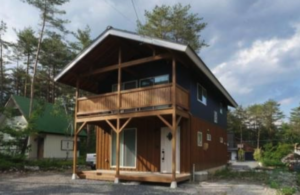

Discover Coopers House: A Premium Ski Chalet Investment in Hakuba, Japan’s Rising Resort Star
At Yamamoto Property Advisory, we specialize in connecting international investors with Japan’s most promising real estate opportunities. Today, we’re thrilled to introduce “Coopers House”, a stunning ski chalet in Hakuba, Nagano — a property that combines luxury, practicality, and exceptional investment potential in one of Japan’s fastest-growing resort destinations.


